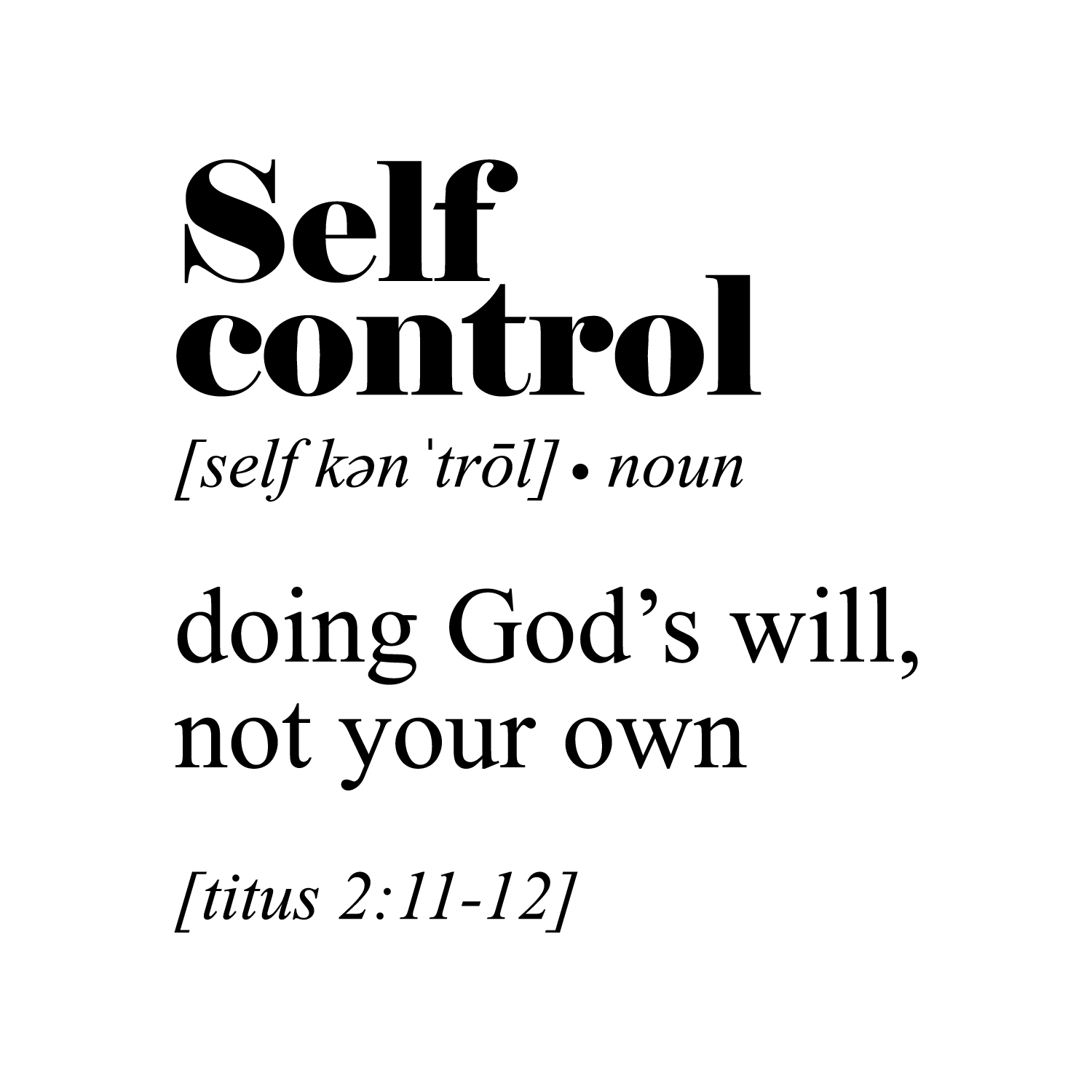

TOTE-model effortful control inhibition initiation self-control self-regulation. Other words from self control include the adjective self controlling, which is defined by restraint of oneself or one’s thoughts, emotions, responses, etc. This perspective allows for inclusion of traditional as well as contemporary research on self-control, and can provide direction for future studies. The noun control refers to one’s influence over managing their thoughts and behaviors to avoid undesirable outcomes and increase positive ones. The risk control and self-assessment (RCSA) is iterative in nature. This means that it keeps changing constantly and depends upon the level of controls which have been introduced by the unit. It is important to know that this process is dynamic. Self-control, an aspect of inhibitory control, is the ability to regulate ones emotions, thoughts, and behavior in the face of temptations and impulses.

Ultimately, an 'operational' definition is proposed in which self-regulation entails scaffolding for goal pursuit, including setting standards, and monitoring discrepancies, whereas self-control entails everything that one does in the 'operate' phase. The risk control and self-assessment (RCSA) methodology have certain characteristic features. The TOTE-model (Test-Operate-Test-Exit) of self-regulation will serve as a basis for this definition as it gives clear guidance for the inclusion of self-control as a component of, but not synonymous to self-regulation. In this paper, I propose an operational definition of self-control, based on converging definitions from the literature as well as on the emergence of new perspectives on self-control. A new focus in psychology erupted in 1998. Watch the video and then use these questions to get a deeper understanding of the. Criminology theories about the lack of elements that keep people out of trouble are abundant. Physical movement Emotion Concentration Impulses.
Define selfcontrol how to#
Specifically, the emergence of initiation as a self-control component, and the notion of effortless and strategic self-control, give rise to the question whether and how to distinguish self-control from self-regulation. The bulk of self-control theory has focused on the inhibition of impulses as control and the resulting behaviors from that inhibition. As such, consensus on defining self-control is critical for advancing both scientific progress as well as societal impact of research findings. Self-control can be defined as the ability to align one’s behavior with personally valued goals and standards in the light of certain kinds of motivational conflicts. Self-control is a hot topic across disciplines.


 0 kommentar(er)
0 kommentar(er)
